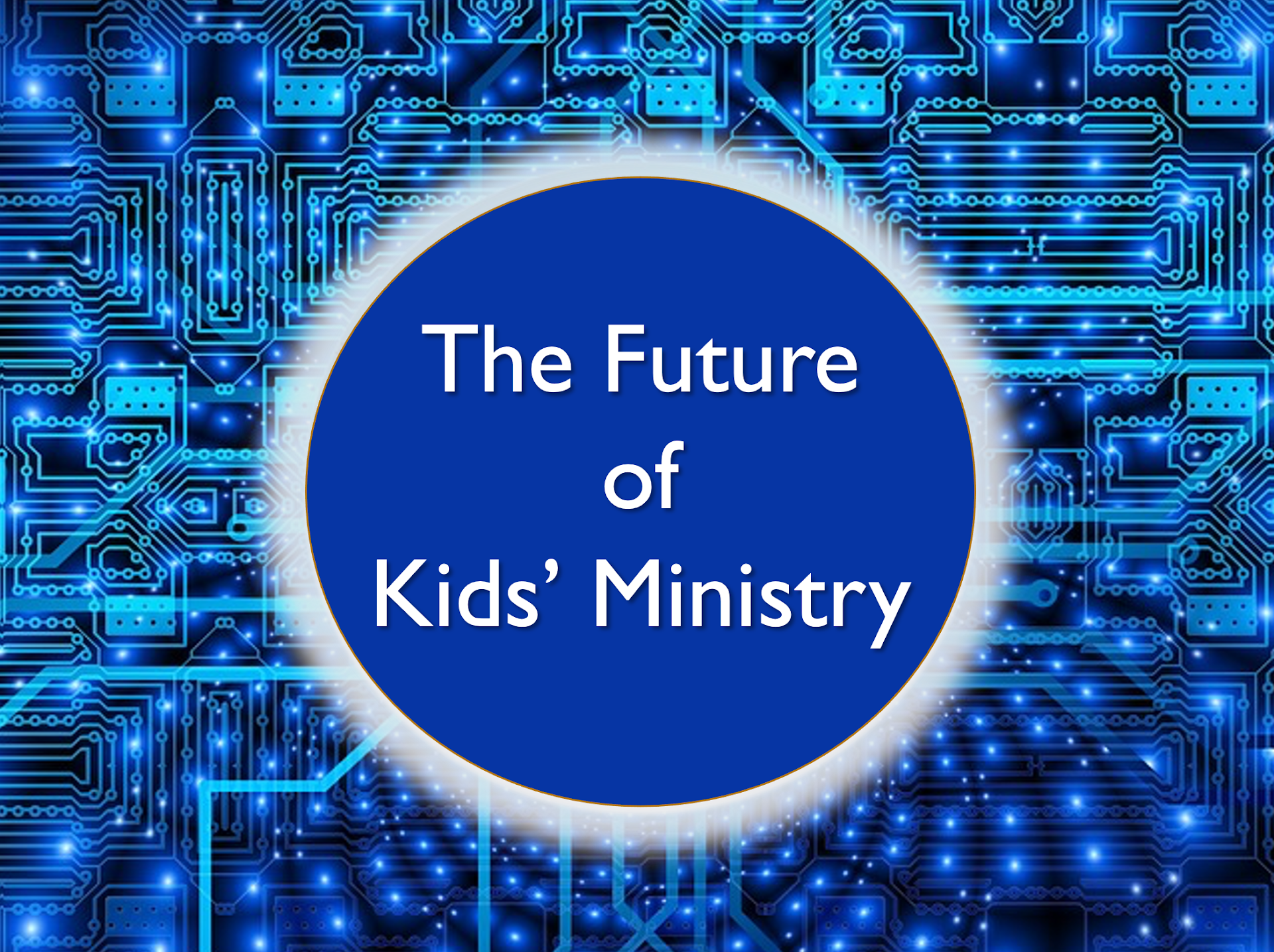What's in the future for today's kids? The experts at Kidscreen magazine recently released some interesting insight about what's in the near future for kids.
Online, VR gaming. There are currently over 474 million people participating in online gaming. Trends show this will increase to 577 million by 2024.
A big part of online gaming will be virtual reality. Virtual reality headsets will reach $5 billion in sales by 2023. Experts say in the next few years it will be on every kid's Christmas wish list.
Metaverses will morph into Metasocieties. A metaverse is a virtual world where kids can explore and create their own virtual worlds, games and brands. Roblox is an example of this. The popular online gaming platform has over 43 million daily users.
Metasocieties are communities that are created by kids who are focused on social issues. It will become hubs where kids can discuss what is important to them.
“Kids content will become democratized because kids from all over the world will be connected in a way that defies geographic location." Their real-life values will be reflected in these online communities, and as people connect, they will nurture and educate each other and build societies from scratch.
Emma Chiu, global director at trend research firm Wunderman Thompson Intelligence
Interactive audio content. Since the pandemic hit, the demand for audio-only programming has skyrocketed. It is now expected to reach $76 billion by 2028. A big reason for the increase is parents who are looking for content that will give their kids' eyes a rest. Podcasts will be a major factor in this. Companies like Disney, Nickelodeon and Cartoon Network all created their first kids' podcasts last year.
But audio programs are currently passive experiences. The next big step for podcasting to kids will be to make it fully interactive. It will bring content that lets kids use their words to influence and become a part of stories, games and other content.
Robots. Robots are becoming very popular. They can currently be seen in popular TV shows like Doug Unplugs and Annie & Carol. They are also taking over shelf space in stores with robots like Dream Labs' Cozmo. Kids' companies around the world are starting to create robots that teach and entertain kids.
The next big step for robots is making them capable of understanding and connecting with children on a deeper level.




















